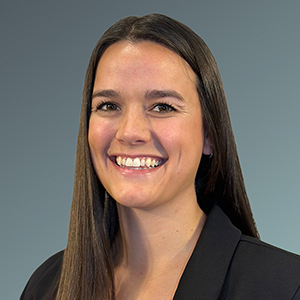Starting a career in accounting isn’t just about choosing a major—it’s about finding the right environment to grow professionally. With so many CPA firms offering different cultures, specialties, and career paths, how do you know which one is right for you? Externships and internships give you a chance to explore your options firsthand. This article breaks down the key differences between the two experiences, what you can expect, and how each plays a role in helping you make smart career decisions.
Externships and Internships: What’s the Difference?
Externships are short-term, often just a few days. They’re designed to give students early exposure to the accounting profession—typically during the first or second year of college. You’ll typically shadow professionals, sit in on presentations, tour offices, and ask questions. It’s a low-pressure way to start exploring what kind of firm environment might suit you best.
Internships, in contrast, are structured work experiences—often full-time for 8–10 weeks or part-time during a semester. You’ll be assigned to teams, contribute to real client projects, and get direct feedback from supervisors. Internships usually take place between junior and senior year, and they can play an important role in hiring decisions. They may be paid or unpaid, but the skills, connections, and insight you gain are valuable regardless. For many students, an internship is the pathway to a full-time offer from a firm.
Timing Matters
- Externships are often held during winter break, just before the end of the spring semester, or early summer and target first- and second-year students.
- Internships are typically offered in the summer after junior year or during the spring busy season (January to mid-April), when firms need additional support and students have foundational accounting knowledge.
Doing an externship early gives you the chance to get to know different firms before you start applying for internships. It’s a head start to make connections with firms of interest and narrow your preferences.
What You Should Learn
From an externship, expect to:
- Discover how accounting firms are structured.
- Learn the basics of different service lines (audit, tax, advisory).
- Meet staff at different levels and hear about their career paths.
- Get a sense of the firm’s values, culture, and pace.
From an internship, you should:
- Apply classroom knowledge in real-world scenarios.
- Gain insight into the daily responsibilities of staff accountants.
- Build relationships with peers, mentors, and supervisors.
- Get familiar with common industry software and technology, making your transition to full-time employment smoother.
- Evaluate how the firm’s expectations align with your goals and strengths.
How It All Fits Together
A common progression for students is:
- Freshman/Sophomore Year: Attend one or more externships to explore options and start building relationships.
- Junior Year: Apply for and complete an internship with a firm that interests you.
- Senior Year: Accept a full-time offer, often extended at the end of your internship.
By taking part in both types of experiences, you’ll not only build a stronger résumé—you’ll also build clarity about what kind of firm is the best fit for your skills, interests, and career goals.
Quick Guide: What to Know About Externships and Internships
- Externships are short, observational programs—usually 1–3 days—designed for first- or second-year students.
- Internships are longer, hands-on experiences—typically 8–10 weeks—meant for juniors and early seniors.
- Externships happen during school breaks, often in winter or early summer.
- Internships occur in the summer or during the spring semester (often aligning with busy season).
- Use externships to explore firm culture and service areas.
- Use internships to gain experience and evaluate career fit.
- A typical path is externship ➝ internship ➝ full-time offer.
- Both experiences help you build your network and sharpen your goals.

Cassidy Wood joined ARB in 2019 as a college intern and became a manager in 2025. She specializes in providing business advisory and attest services primarily to commercial businesses, auto dealerships, construction companies, and employee benefit plans. Since joining ARB, Cassidy has been actively involved with the firm’s college campus recruiting efforts and plays a key role in identifying and attracting top emerging talent.






